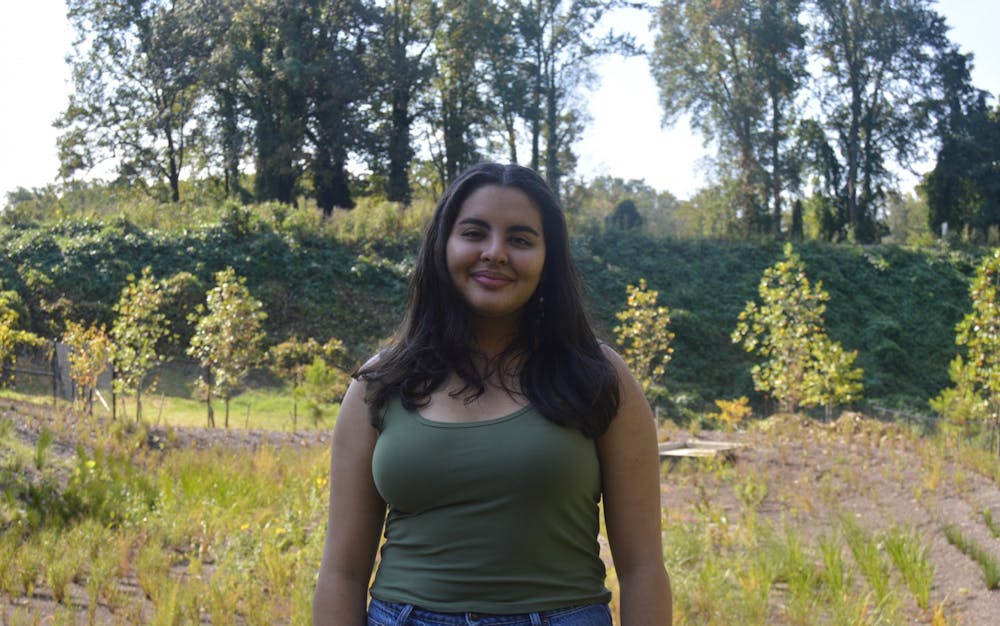I took a Media Studies course entitled Race, Protest and the Media with Asst. Prof. Shilpa Davé and Prof. Camilla Fojas during January Term this year. It framed contemporary movements through the lens of historical movements and incorporated the study of how media can be strategically used to gain visibility, amplify a message or challenge a social norm. This course allowed me to reflect on how social issues affect the intersectionality of my personal values and experiences with the important aspects of social movements, such as community.
I was drawn to this course primarily because of the relevance and timeliness of the subject matter as I could put this course in conversation with current events, such as the Black Lives Matter protests, and even more recently, the insurrection at the Capitol Jan. 6.
Through the class’ screenings, images, articles and insightful guest speakers, this course broadened my understanding of social movements by providing insight into the intellectual history that informs contemporary movements, as well as the various cultural forms of artistic expression, such as music, art and rhetoric that many social movements utilize to achieve their goals. For example, the BLM movement is heavily influenced by the Black Panther Party movement’s contributions and political framing, such as the raised fist that is used as a symbol of the BLM movement now.
Furthermore, many themes of this course are evident in different social movements and protest rhetoric by University students. Last fall, there was a Lawn room sign that said “Fuck U.Va.,” which is an example of protest rhetoric against the legacy of racism at the University. It sparked controversy but also gained momentum as other students stood in solidarity to support this message. Similarly, there are also demands by the Young Democratic Socialists of America and the Black Student Alliance in leading change at the University.
Through this course, I was able to think deeply about ideas that were already important to me, such as community and social justice. But I was also able to develop a new perspective on the history and nature of protest. Together, I can more fully appreciate the accomplishments of previous communities who collectively worked to produce change in their social movements.
A commonality that was evident in many of the social movements we focused on was the importance of a collective effort. I have always had a fond appreciation for community, which intensified when I studied abroad in London, and had the opportunity to reflect on the connectivity in community as I immersed myself in a new group of students. This course emphasized the need for solidarity in community — social movements are group efforts and need everyone’s participation and support to be successful.
In my own life, community has always been about the intrinsic support gained from being in a group of like-minded people. This past summer during the BLM protests, my friends and I often talked about how we felt — how helpless or powerless we felt at times. But as a Floridian living in this primarily conservative state, it was empowering to see the effects of a handful of protesters in Pensacola, manifested in the building of a memorial on one of the city’s bridges.
Beyond this reality of protest and conflict, I can’t help but dream of a society where racism and all other forms of discrimination do not exist. This is idealistic, but it’s a necessary ideal. Oftentimes we’re discouraged from dreaming of a visionary or utopian society because we won’t see it in our lifetimes. Some will argue it’s just not feasible, but I don’t believe this is true.
This course made me feel more hopeful for the future as the prospect of a society that isn’t riddled with prejudice and injustice seems more attainable. Many social movements begin with the work of grassroots organizations. I can personally become more active in community organizing here at the University, and I urge every student to do so as well. Movements are stronger with mass participation and support — it’s our responsibility to fight the battles of this generation.
Yasmin Teixeira is a Life Columnist for The Cavalier Daily. She can be reached at life@cavalierdaily.com.







